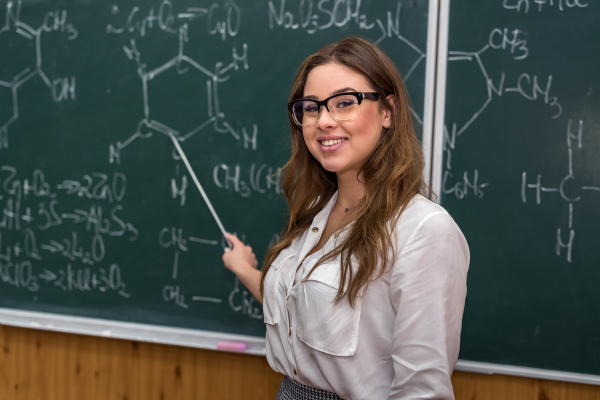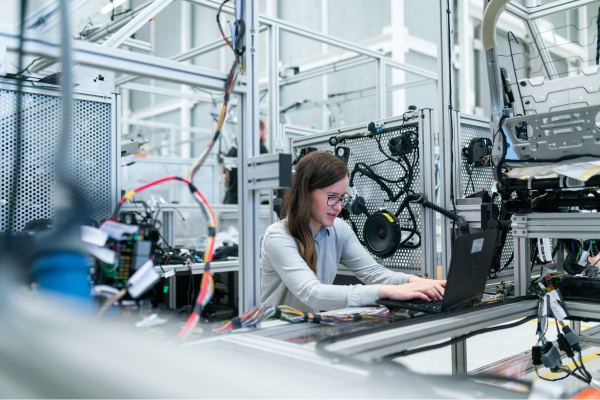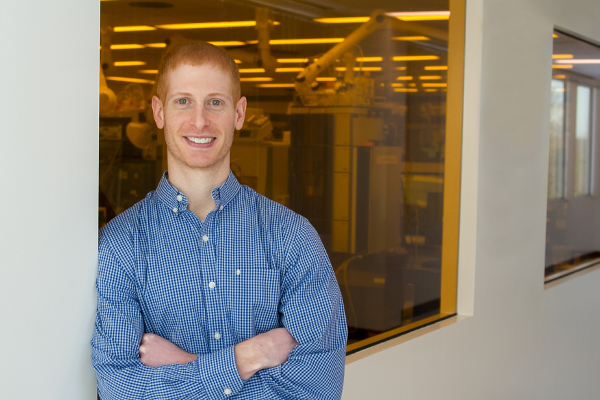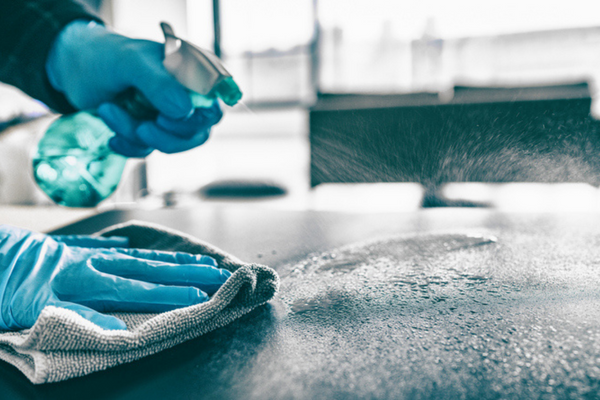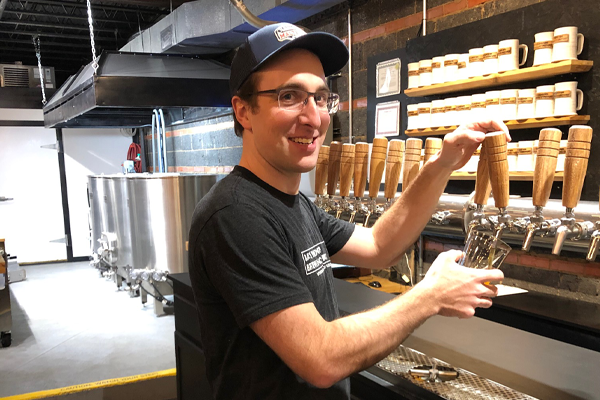By: Nina Notman, special to C&EN
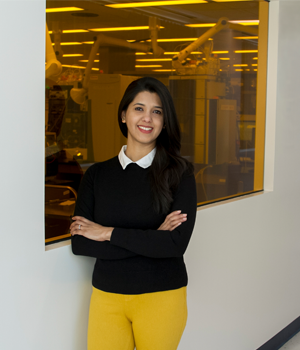
Manibarsha Goswami always knew she was destined for a STEM career. Her dad was an electrical engineer at the North East Institute of Science and Technology in Assam, India. “There was an open science day each year for all employees and their children,” she explains. “We would go into the labs and carry out small experiments. That inspired me a lot.”
Goswami completed a bachelor’s degree in chemistry at Delhi University and a master’s at Gauhati University. Then, in 2010, she moved to Iowa State University to pursue a PhD with Nicola Pohl (who is now at Indiana University). “I was designing efficient synthetic routes to biologically active oligosaccharides,” Goswami explains.
A postdoc at the University of Minnesota with Erin Carlson followed. “I changed my field and studied antibiotic resistance,” Goswami says. In 2018, she switched specialties again, this time to electronic materials, when she joined DuPont’s Electronics & Imaging business in Marlborough, Mass.
“I design electronic materials that are used in advanced lithography to print micro-feature sized logic- and memory-chips for use in the next-generation computer and hand-held electronic devices,” Goswami says. Her research team collaborates closely with DuPont’s engineering division to support scale-up and analytical specialists to ensure product quality. “We all work in tandem.”
Outside of the lab, Goswami participates in two DuPont employee resource groups. The DuPont Women’s Network, which organizes seminars and coffee networking chats, and the DuPont Marlborough Research and Engineers Organization, which facilitates mentoring within the company. “We couple younger professionals with mid- or late-career professionals for career development,” Goswami explains.
What's the best thing about your job?
I get to do very cool science with a bunch of really nice people.
What was the last experiment you ran?
I was trying to analyze a compound using mass spectrometry. It's very important for us to identify any impurities present in our materials.
Is there anything about your current job that surprised you?
The time it takes from a concept of a material or a product to high-volume production. The rigor in optimization, testing, and quality is extensive, especially in the electronics industry. Coming out of academia to industry, that has been a big eye opener for me.
Do you have any advice for aspiring scientists?
Don't let your PhD specialism limit you from what you can achieve. Companies hire talent. They are always looking for people who can do logical reasoning and solve problems. They're not only trying to hire people based on the science they have done before. Also, do not succumb to imposter syndrome, believe in yourself—you’re worthy of the success you have achieved.
What's your proudest career moment to date?
Designing a microbiology experiment for young kids during my postdoc. We grew certain bacteria and demonstrated how they produce compounds that can glow under UV light. I was very proud to see the excitement in their eyes.
What can’t you live without in the lab?
Music. I'm always singing or whistling too.
What is your favorite element?
Bismuth. I used it during my PhD to catalyze carbohydrate syntheses. It can make these amazing crystals—you can see the whole spectrum of light in them.
What was the last TV show that you binge watched?
Lost in Space, a space science fiction series on Netflix. Space and alien fiction is always very fascinating to me.
Copyright 2020 American Chemical Society (All Rights Reserved)

